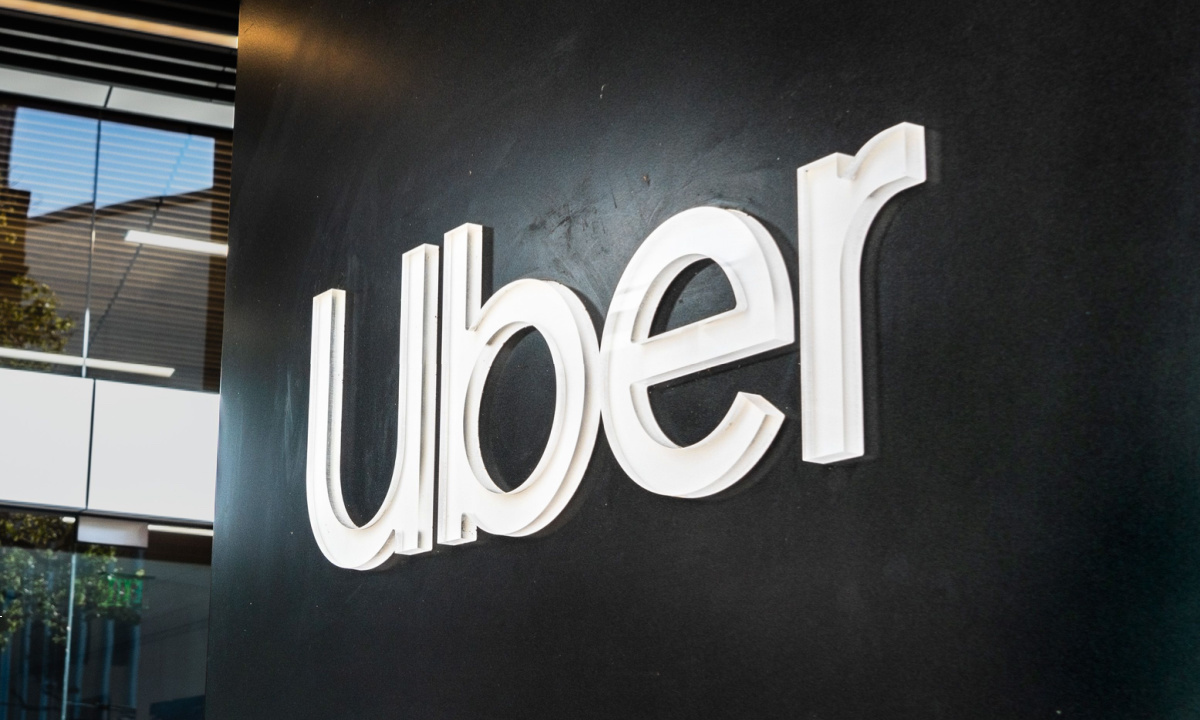
On Wednesday, drivers for Uber Technologies, Lyft, and delivery workers for DoorDash united in a nationwide strike, demanding fair pay and improved working conditions. The protest, organized by various driver advocacy groups, highlighted grievances over diminishing earnings and what workers perceive as exploitative practices by the rideshare and food delivery platforms.
Workers argue that these platforms impose excessive fees on their fares, significantly reducing their take-home pay. Amidst the outcry, Uber, the largest player in the rideshare market, recently made headlines by announcing a $7 billion share buyback, leading to concerns among drivers that their concerns were being overlooked in favor of shareholder profits, reported Reuters.
Shantwan Humphrey, a driver based in Dallas, Texas, expressed frustration, stating, “These platforms continuously decrease driver earnings year after year as means to show they are profitable to investors to get them to buy into their stock.”
The strike action saw participation from drivers across the country, with notable demonstrations planned at airports in ten cities across the East and Midwest by the Justice for App Workers (JFAW) coalition. Additionally, members of the Rideshare Drivers United group gathered outside Uber’s offices in Los Angeles to picket.
Read more: New Suit Claims Uber & Lyft Violate Antitrust Laws
In a statement provided to Reuters, JFAW emphasized the scale of the strike, proclaiming, “Right now, thousands of rideshare drivers with Justice for App Workers are on strike in 10 cities across the United States in the largest rideshare strike in American history, with at least a dozen additional cities holding non-strike echo actions in solidarity.”
Despite the widespread protest, Uber asserted that the strike had minimal impact on its operations. The company claimed that, in most markets, there were even more drivers on the road compared to the same period the previous week.
Source: Reuters
Featured News
Big Tech Braces for Potential Changes Under a Second Trump Presidency
Nov 6, 2024 by
CPI
Trump’s Potential Shift in US Antitrust Policy Raises Questions for Big Tech and Mergers
Nov 6, 2024 by
CPI
EU Set to Fine Apple in First Major Enforcement of Digital Markets Act
Nov 5, 2024 by
CPI
Six Indicted in Federal Bid-Rigging Schemes Involving Government IT Contracts
Nov 5, 2024 by
CPI
Ireland Secures First €3 Billion Apple Tax Payment, Boosting Exchequer Funds
Nov 5, 2024 by
CPI
Antitrust Mix by CPI
Antitrust Chronicle® – Remedies Revisited
Oct 30, 2024 by
CPI
Fixing the Fix: Updating Policy on Merger Remedies
Oct 30, 2024 by
CPI
Methodology Matters: The 2017 FTC Remedies Study
Oct 30, 2024 by
CPI
U.S. v. AT&T: Five Lessons for Vertical Merger Enforcement
Oct 30, 2024 by
CPI
The Search for Antitrust Remedies in Tech Leads Beyond Antitrust
Oct 30, 2024 by
CPI